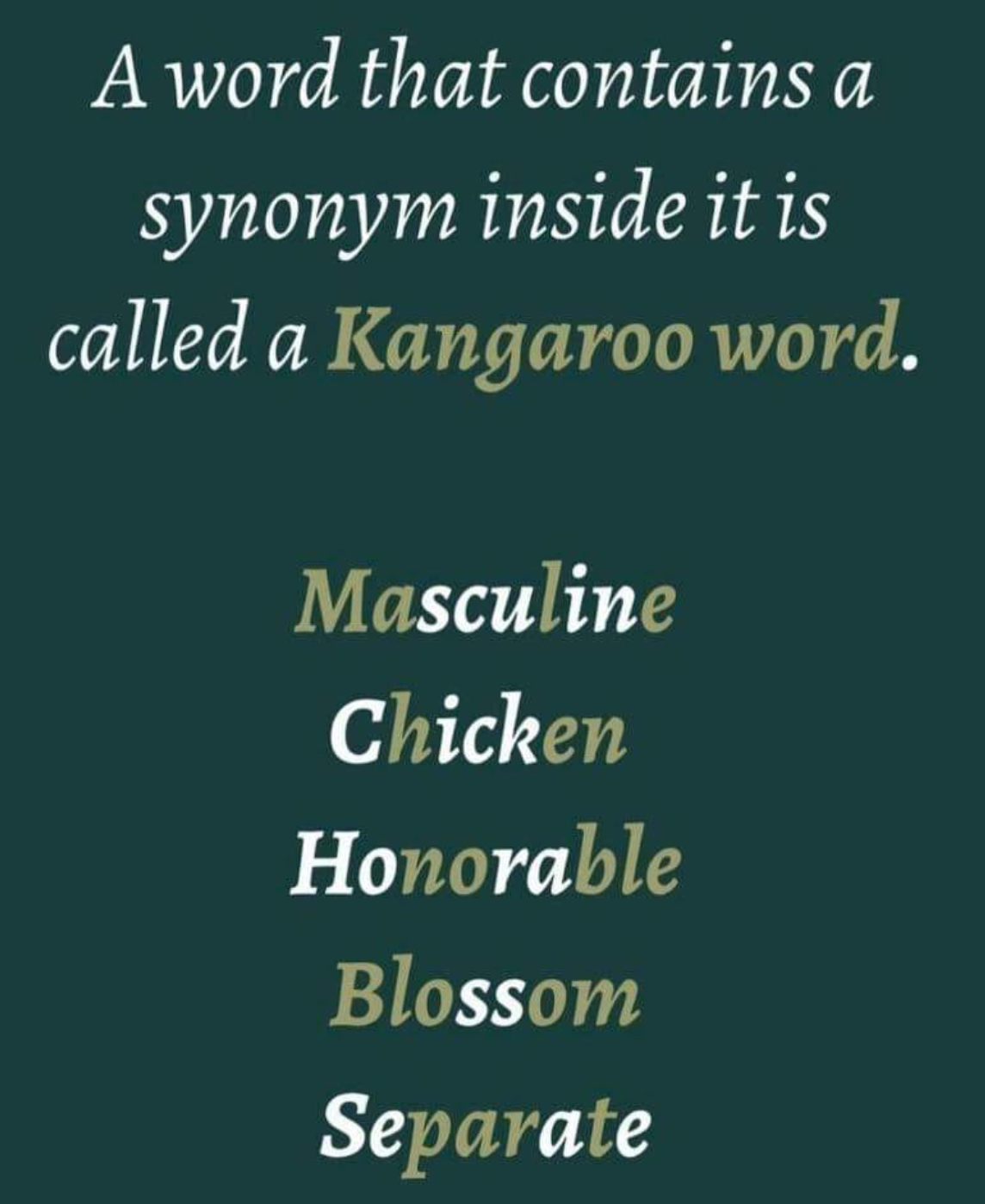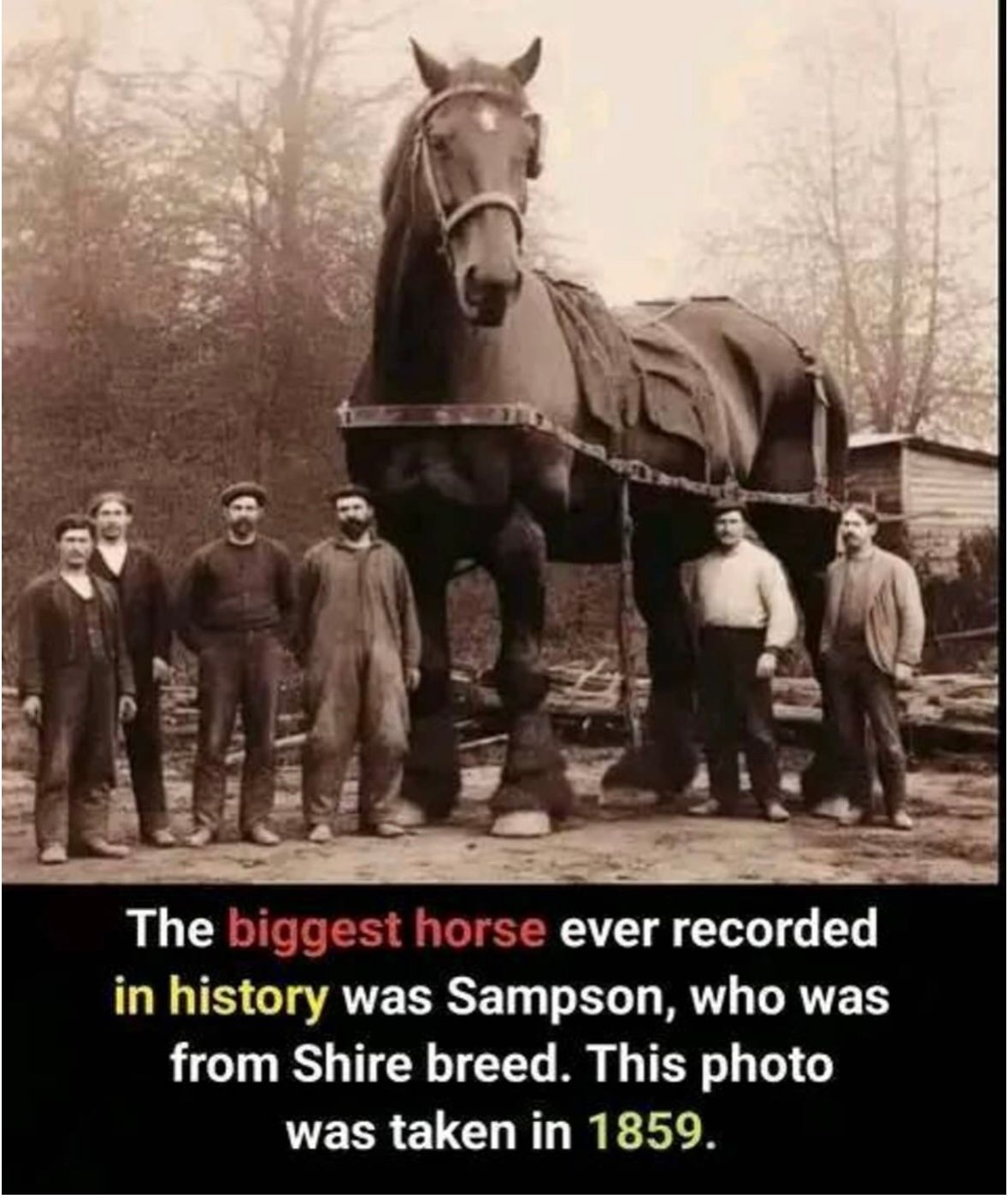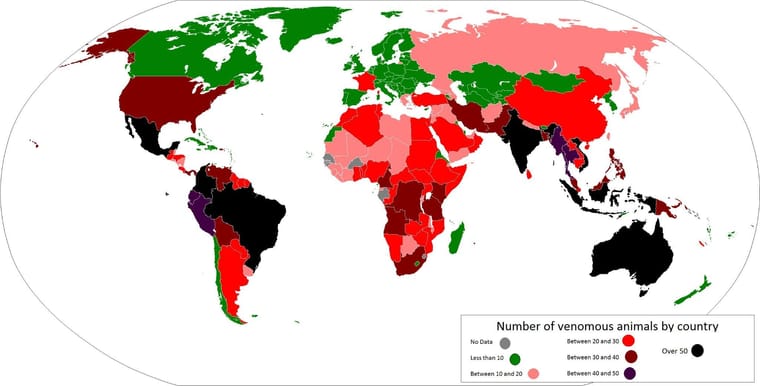Mildly interesting
-
@jon-nyc said in Mildly interesting:
I’m guessing that’s funny but I’ve never actually seen spinal tap.
What the actual fuck?
Probably one of the greatest comedies of all time. Much of it is improvised which makes it even better.
Invest the time. It's worth it!
-
The sunflower is not a flower!
 Its petals are actually ray flowers and are made up of multiple petals fused together. Ray petals are usually yellow but can sometimes be red or orange.
Its petals are actually ray flowers and are made up of multiple petals fused together. Ray petals are usually yellow but can sometimes be red or orange.
The number of petals of a sunflower plant is determined on its size. A sunflower has between 34 and 89 petals. Now, look inside the "flower" more closely. Look into what you once thought was the flower and is actually a lot of tiny "flowers". Many... Many... Beautiful and delicate in an alignment beyond harmonic (the geometry of nature). What you thought was a flower, is actually an outline that holds hundreds and hundreds of flowers... The ray florets of sunflower are known as neuters because it consists neither male or female parts in the flower. If the flower contains any of the small strap-shaped flowers in the head of certain composite plants, such as the daisy is called Ray floret.
And if we look at it with the eyes of gardeners, we will realize that each little flower holds within itself, in this golden dust, countless fields of sunflowers.
In biology, this is called an infloration.
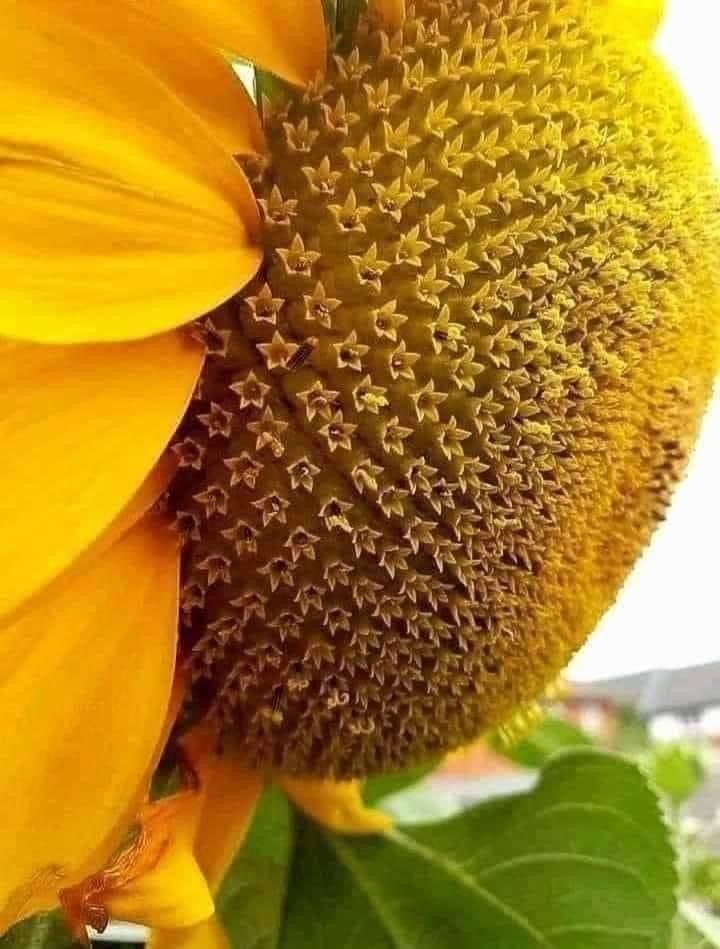
-
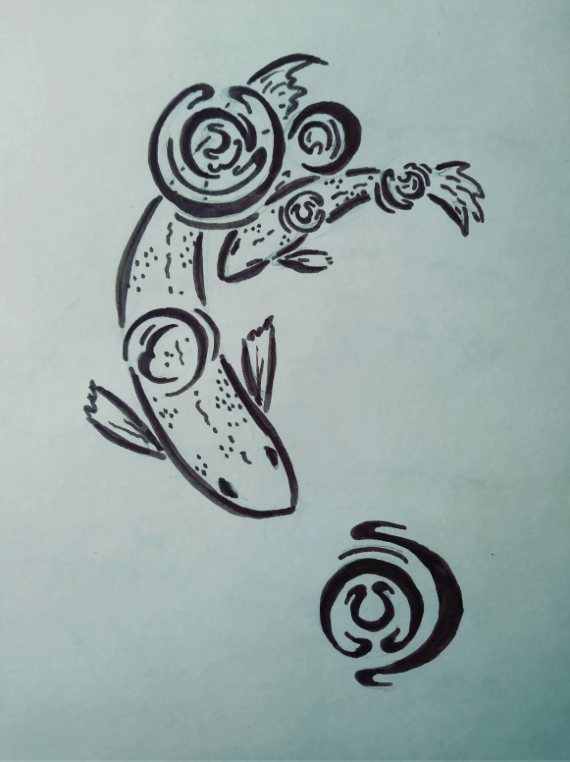
So, this is actually a poem. Some crazy bastard on the internets made a conlang based on, of all things, koi fish and water ripples. This image says: "If I were left behind, would you come for me?"
How it works:
Some morphemes in the sentence are phonologically written out and some are indicated by the position of things like the ripples or the fish. For example, this language is active-stative, meaning the subject of transitive sentences and the subject of intransitive sentences can be marked the same or different depending on whether the subject is being acted upon or is acting. The active spot marker is in the center of the koi's back, while the stative spot marker is touching the koi's shoot (not shown in this sentence, instead there's the oblique spot slightly further out than the stative spot).
The verb spot is at the base of the tail, and there's three positions. The one shown here is your base verb. Slightly to the left is perfective, while slightly to the right is continuous.
The koi is centered in an eight partitioned circle that indicates tense depending on the direction the snoot is pointing (in this case, we've got near future and near past). The direction of the tail indicates declarative, interrogative, or imperative moods.
Last but not least, small fish = subordinate clause. Because of these encoded positions, you can actually leave out parts of the words because they don't need to be double encoded.
-
@jon-nyc Samson was not quite as big as the photo depicts.
https://en.wikipedia.org/wiki/Sampson_(horse)
Sampson (later renamed Mammoth)[1] was a Shire horse gelding born in 1846 and bred by Thomas Cleaver at Toddington Mills, Bedfordshire, England. According to Guinness World Records (1986) he was the tallest horse ever recorded, by 1850 measuring 219.7 centimetres (7 ft 2.5 in) or 21.25 hands in height.[1] His peak weight was estimated at 3,360 lb (1,524 kg)
"Hands" on a horse are measured from the ground to the withers, the base of the neck.
https://www.snopes.com/fact-check/biggest-horse-in-history/
Here's a more accurate photo, allegedly of Samson.
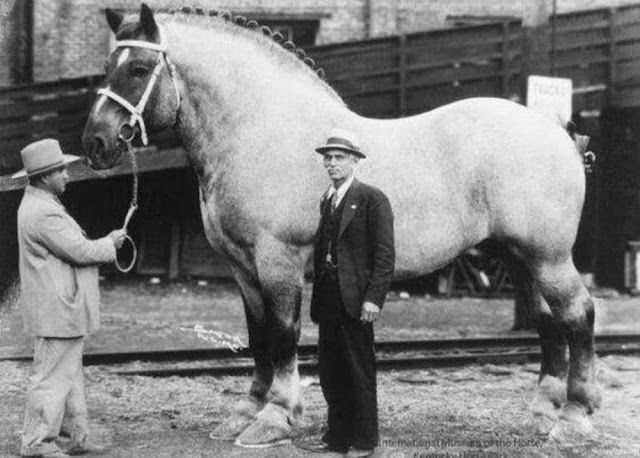
-
@jon-nyc Samson was not quite as big as the photo depicts.
https://en.wikipedia.org/wiki/Sampson_(horse)
Sampson (later renamed Mammoth)[1] was a Shire horse gelding born in 1846 and bred by Thomas Cleaver at Toddington Mills, Bedfordshire, England. According to Guinness World Records (1986) he was the tallest horse ever recorded, by 1850 measuring 219.7 centimetres (7 ft 2.5 in) or 21.25 hands in height.[1] His peak weight was estimated at 3,360 lb (1,524 kg)
"Hands" on a horse are measured from the ground to the withers, the base of the neck.
https://www.snopes.com/fact-check/biggest-horse-in-history/
Here's a more accurate photo, allegedly of Samson.

@George-K said in Mildly interesting:
@jon-nyc Samson was not quite as big as the photo depicts.
https://en.wikipedia.org/wiki/Sampson_(horse)
Sampson (later renamed Mammoth)[1] was a Shire horse gelding born in 1846 and bred by Thomas Cleaver at Toddington Mills, Bedfordshire, England. According to Guinness World Records (1986) he was the tallest horse ever recorded, by 1850 measuring 219.7 centimetres (7 ft 2.5 in) or 21.25 hands in height.[1] His peak weight was estimated at 3,360 lb (1,524 kg)
"Hands" on a horse are measured from the ground to the withers, the base of the neck.
https://www.snopes.com/fact-check/biggest-horse-in-history/
Here's a more accurate photo, allegedly of Samson.

Still a BIG fucking horse.
-
@jon-nyc said in Mildly interesting:
More than mildly interesting. Is it fake?
Seems fake, but maybe not. I know that small single cell (or small number of cell) animals can do it. But I did not think it could happen with larger animals.
-
@jon-nyc said in Mildly interesting:
More than mildly interesting. Is it fake?
Nope. It’s common in South America where you have rivers that suddenly dry up, then reappear the next rainy season. Even normal catfish can survive amazing amounts of time outside of the water.
